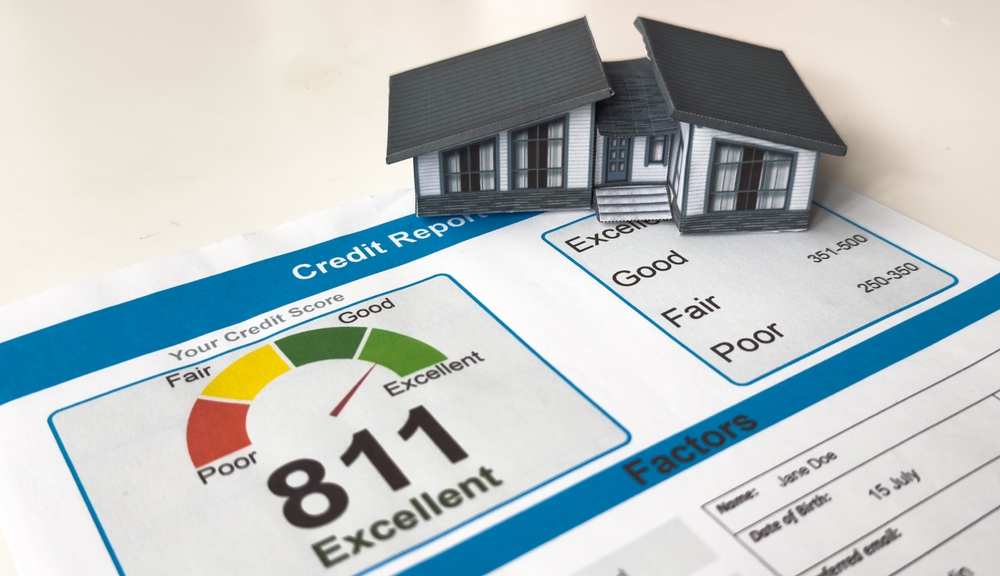
Your credit score is more than just a number. It can affect your mortgage rate, ability to rent an apartment, or even land a job. But while most people know the basics—pay your bills on time, keep balances low—there are lesser-known tactics that can make a real difference. These aren’t just tips you’ll find on every finance blog. They’re practical, often overlooked strategies that can help you take charge of your financial future. If you’re serious about boosting your credit score, these secrets are worth knowing.
1. Credit Utilization Gets Calculated Per Card and Overall
Most people have heard that keeping your credit card balances low is good for your credit score. But did you know that credit utilization is looked at both per card and across all your cards? If you max out one card but leave the others untouched, your score could still dip. Aim to keep each card’s balance below 30% of its limit, and try to do the same for your total credit usage. This simple move can have a big impact on your credit score, sometimes within just a month or two.
2. Old Accounts Hold More Power Than You Think
It’s tempting to close old credit cards you don’t use anymore. However, the length of credit history is a major factor in your credit score. Those older accounts give your score a boost simply by showing you’ve managed credit for a long time. If there’s no annual fee, consider keeping old cards open. Use them occasionally for small purchases to prevent closure due to inactivity.
3. Credit Inquiries Aren’t All Equal
Not all credit inquiries hit your credit score the same way. “Hard” inquiries—like when you apply for a loan or new card—can lower your score a bit. But “soft” inquiries—like checking your own score or getting pre-approved offers—don’t affect your score at all. So, feel free to check your own credit regularly. It’s smart to keep tabs on your credit report and make sure everything looks right.
4. Timing Your Payments Can Make a Difference
Most people pay their credit card bill by the due date, but did you know the balance reported to the credit bureaus is often your statement balance? If you pay down your balance before your statement closes, a lower amount gets reported. This can instantly lower your credit utilization and give your credit score a quick lift. Even if you pay in full every month, timing matters.
5. You Can Piggyback on Someone Else’s Good Credit
Becoming an authorized user on a family member’s or friend’s credit card can help your credit score—if the primary user has good habits. Their positive payment history and low credit utilization can show up on your credit report, sometimes improving your score quickly. But make sure you trust the person and that the card issuer reports authorized user activity to the credit bureaus. It’s a smart shortcut, but it comes with risks if the account isn’t managed well.
6. Not All Debts Are Treated the Same
Did you know installment loans—like mortgages and auto loans—impact your credit score differently than credit cards? Revolving debt (credit cards) has a bigger effect on your credit utilization ratio, which is a key score factor. Paying down your cards can often boost your credit score faster than paying off an installment loan. If you’re focused on improving your credit score, prioritize lowering credit card balances first.
7. Errors on Your Credit Report Are More Common Than You Think
Many people never check their credit reports, assuming everything is correct. Yet, errors are surprisingly common and can drag down your credit score. Regularly review your reports from all three bureaus. If you spot a mistake, dispute it right away. You’re entitled to a free report from each bureau every year at AnnualCreditReport.com. Fixing even one error can mean a big jump in your credit score.
8. Rent and Utility Payments Can Help—If Reported
Traditionally, rent and utility payments didn’t show up on credit reports. That’s changing thanks to new services that let you report these payments to the credit bureaus. If you’re paying rent on time, consider signing up for a service that will add this history to your report. This is especially helpful for people with thin credit files.
Take Charge of Your Credit Score Today
Improving your credit score doesn’t have to be a mystery. With these eight credit score secrets, you have actionable steps that go beyond the usual advice. Understanding how credit utilization, account age, and even things like rent payments affect your score gives you an edge. Don’t forget to check your credit report for errors and time your payments for the best impact.
Building a strong credit score is about knowing the rules—and sometimes the exceptions. Start with one or two of these strategies, and you might see your credit score climb sooner than you think.
What’s the most surprising thing you’ve learned about your credit score? Share your experience or tips in the comments!
What to Read Next…
- 5 Things That Instantly Decrease Your Credit Score By 50 Points
- The Benefits Of Taking Personal Loans And Their Impact On Credit Scores
- Why Some Credit Reports Are Withholding Important Data
- Why Are More Seniors Ditching Their Credit Cards Completely
- Are These 6 Helpful Budget Tips Actually Ruining Your Finances
The post 8 Credit Score Secrets That Most Never Hear About appeared first on The Free Financial Advisor.







